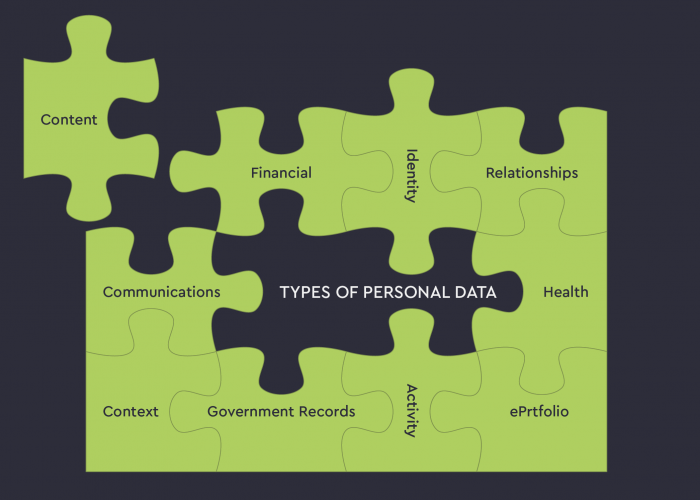We’re not dramatising, but the Internet is full of invisible traps. It feels like there’s a hacker around every corner, waiting to make a profit at your expense. Think about it, the year 2020 broke all records in the number of cybercrimes. For the fifth year in a row, the FBI recorded an increase. In 2020, the total amount of money stolen was $4.2 billion.
The best defense is still prevention through basic cyber hygiene. Your first line of defense is you! Today we will talk about the top secrets that hackers would rather keep from you.
- Anything you post will be used against you.
You may not realize how much the personal information you share online benefits cybercriminals. They can use more attack vectors and collect the data they need. That’s why it’s so important to filter it. For example, you should not mention the names of loved ones, important dates, or tag your location.
What else can you do? Check your privacy settings on social networks. Make your profile private. That will make it at least a little harder for hackers. And don’t forget that a strong password and two-factor authentication are a must.
- We love looking at your pictures.
While you focus on smiling, trying to catch a cute emotion on your child’s face, or unboxing a new iPhone, we study the background for details. Maybe your computer, some important notes, or shipping details got caught in the photo.
There are a few golden rules! One, think about whether it’s worth posting a photo or video online. Second, if you decide to do this, make sure that there is nothing personal in the picture – zoom in, look closely, twirl your phone in different directions.
- We are good psychologists.
Most likely, if you receive an email from a stranger asking you to send money, you will suspect that it is a scammer. But believe us, we know who to pretend to deceive! The boss, your HR colleague, your accountant, your friends, and family members.
Most of the time, these scams succeed because we use different psychological tactics in our letters.
We haven’t used Nigerian princes and other primitive tricks as a cover for a while. Modern hackers have become smarter and more inventive.
What should you do in such cases? The easiest way is to verify the truthfulness of the request by yourself. Contact the person in any convenient way except by email. Look for subtle signs that something is wrong, such as errors in links and email addresses. Don’t click on the hyperlink! Hover over it and see where it leads. Also, don’t upload files you weren’t expecting.
- We take into account all the weaknesses of your network.
Many people are already getting more serious about creating passwords for accounts. What about your router? If you’ve never changed your password, you need to do it now.
And one more tip. You can allow guests to access Wi-Fi without giving them your password. For example, create a guest Wi-Fi network with a separate password for visitors. Create a QR code that guests can scan to connect.
- We are patient and dig into your past.
Sometimes hackers are real Hollywood actors. They know how to play the game. For example, tech support scams require calm, long conversations and waiting. The frontman is waiting for you to believe you’re talking to a real IT company manager to make the final shot. And then he starts to give you a specific guide to action, which turns into a nightmare.
You don’t even realize that your old accounts are the best reward for hackers. We bet there are plenty of sites, services, email accounts that you forgot about a long ago. Many of them likely have weak passwords. And it’s easy for a hacker to get personal information that can be used to gain access to your current accounts.
What to do? Find those old accounts. For example, go to your email account and type the words “login,” “account,” and “password” into the search. Then delete them.




